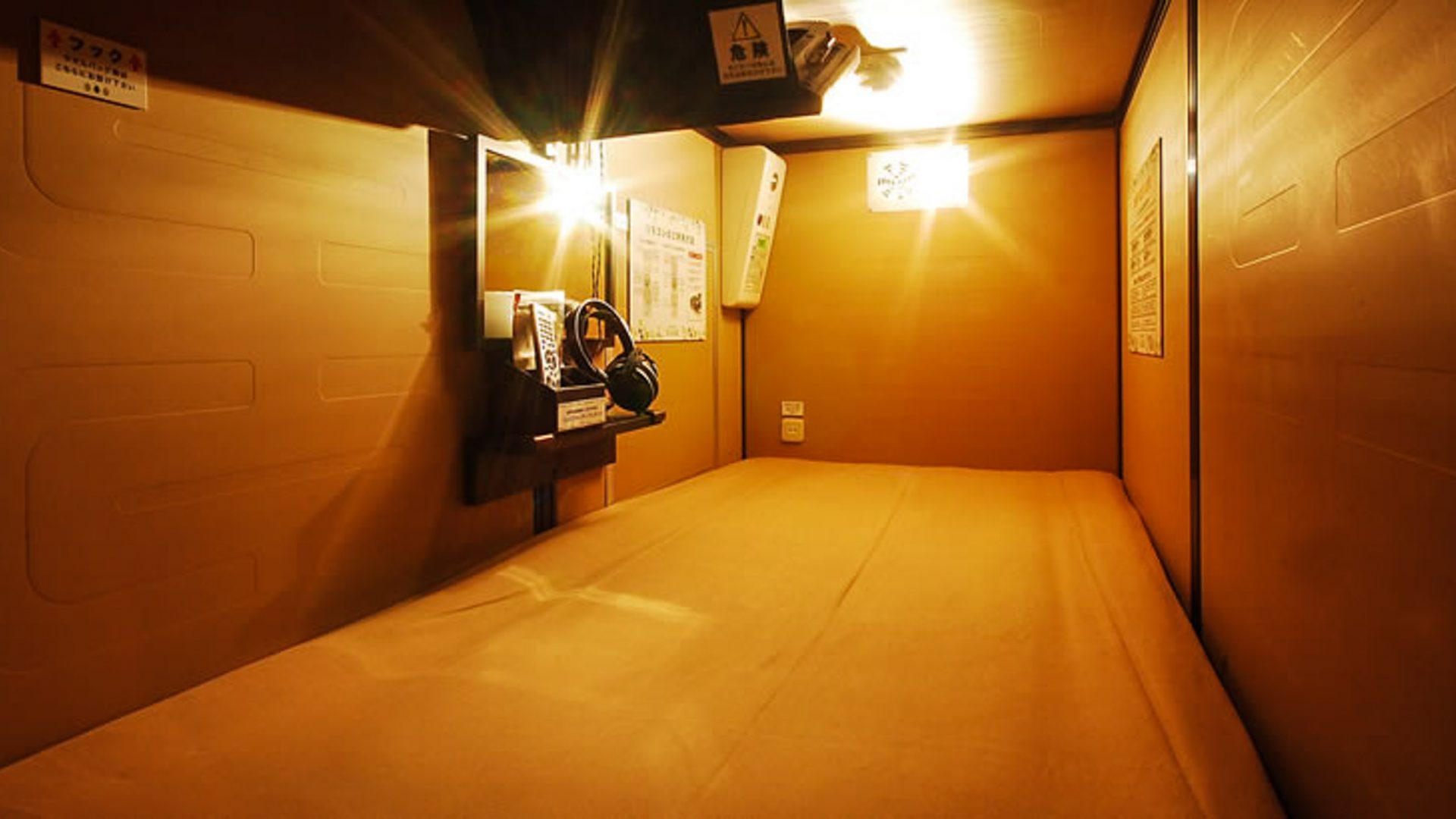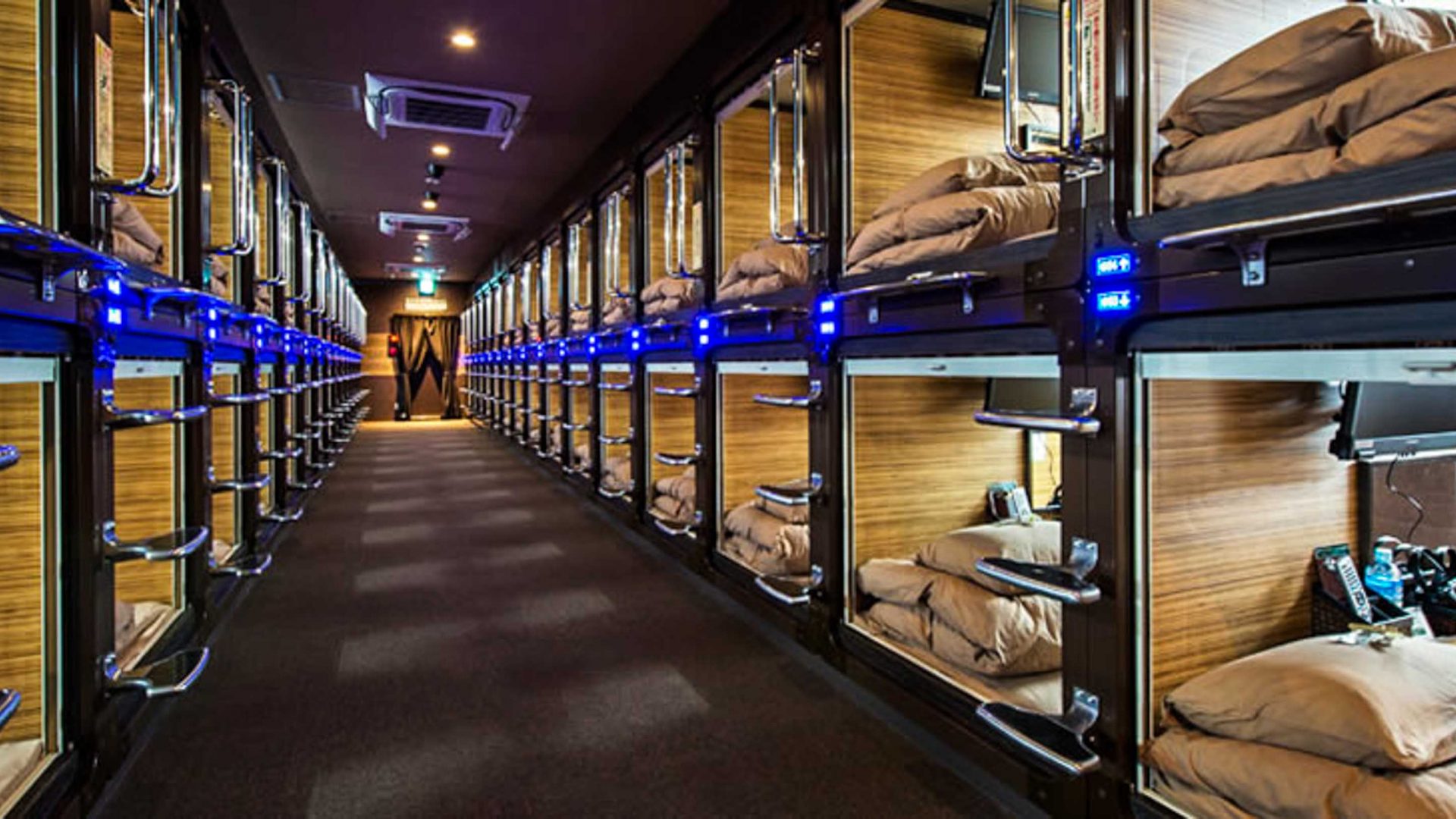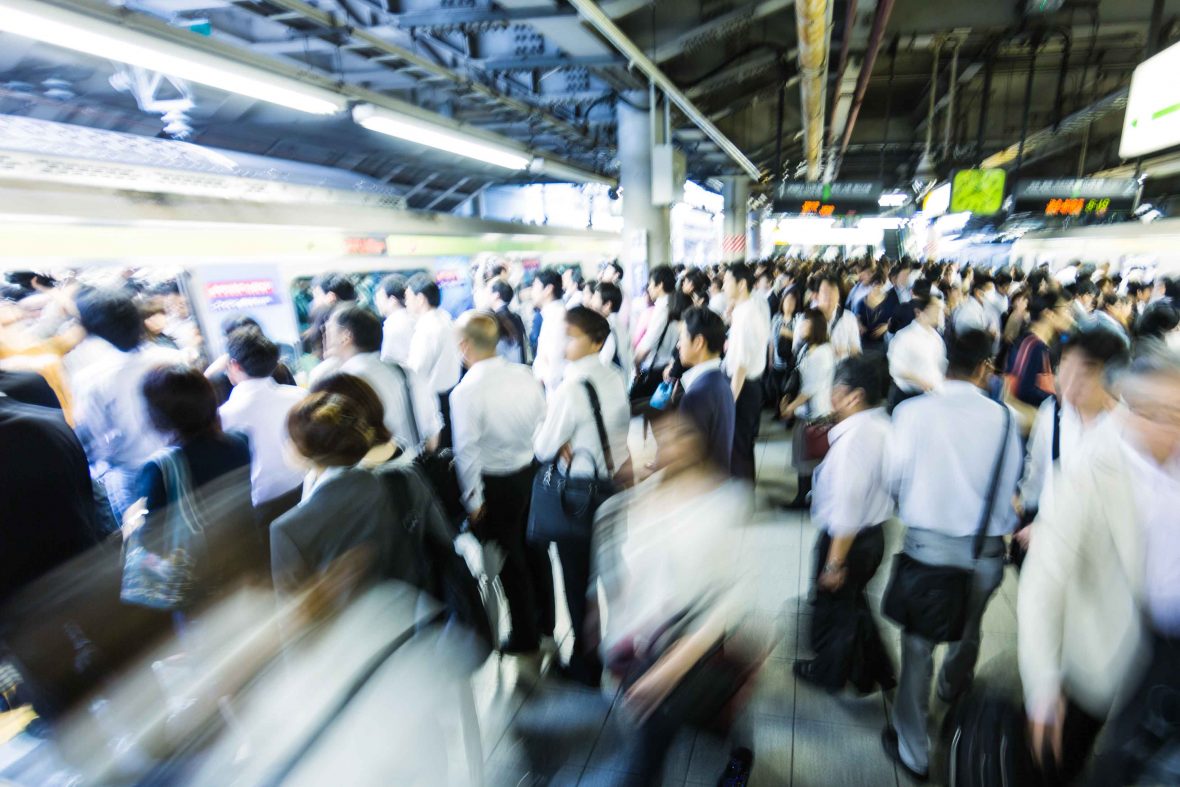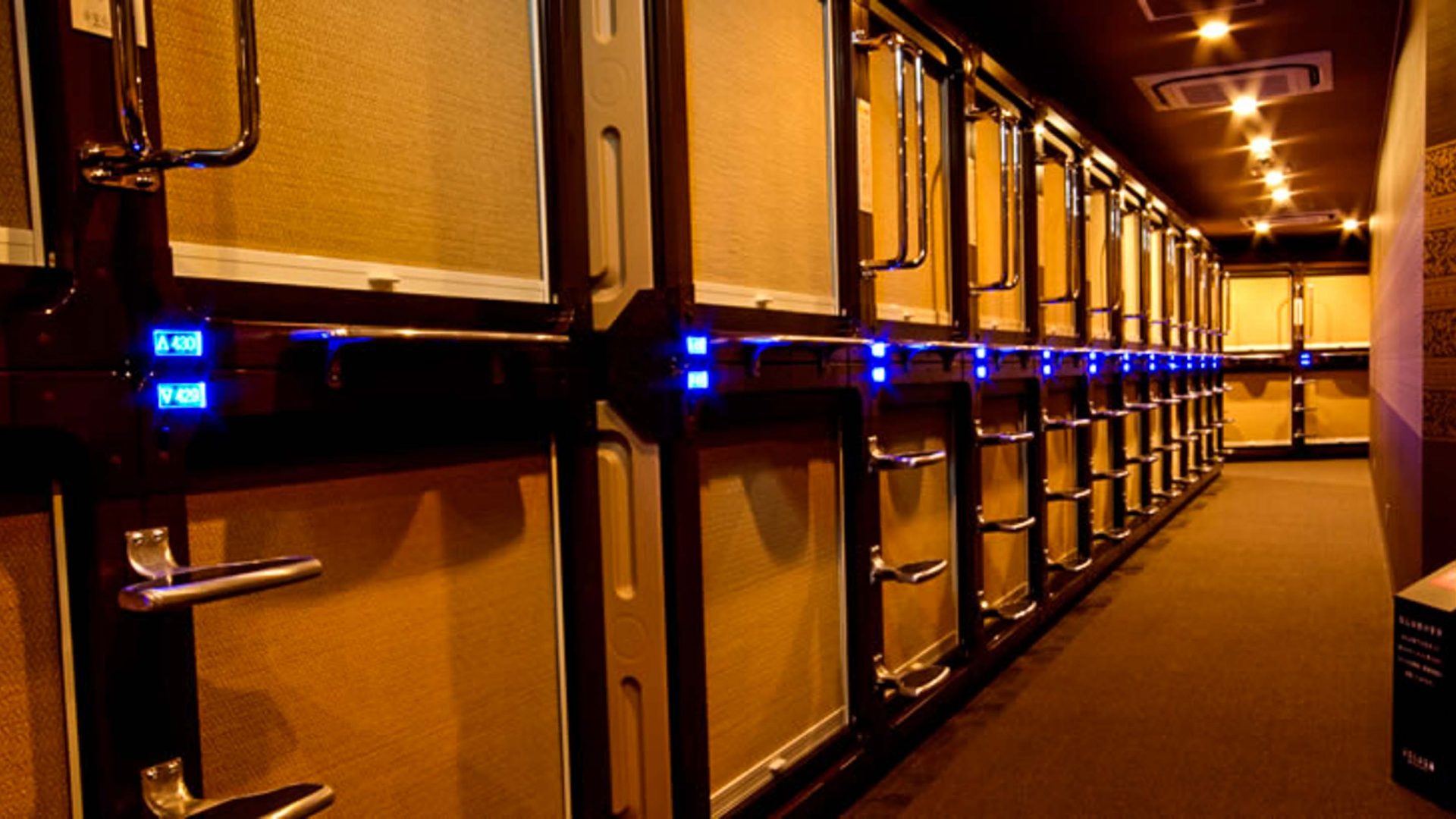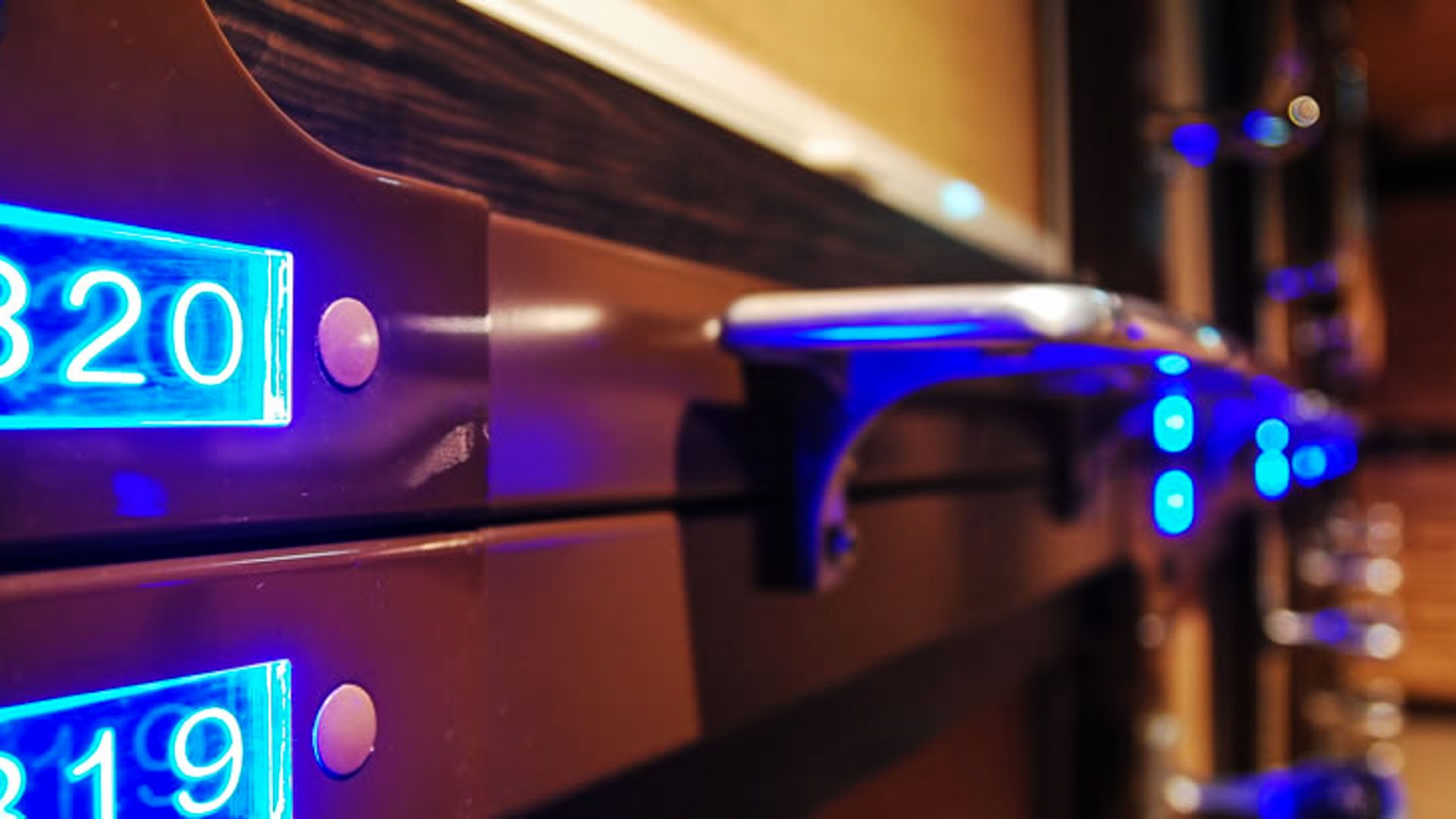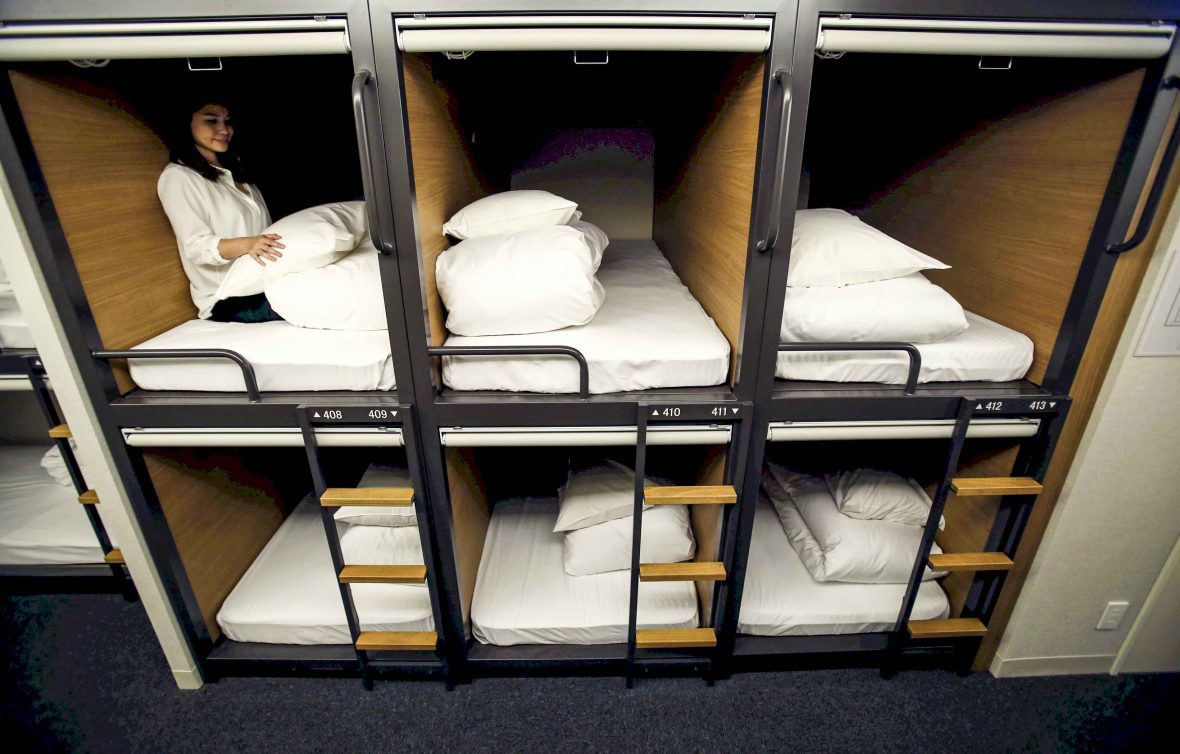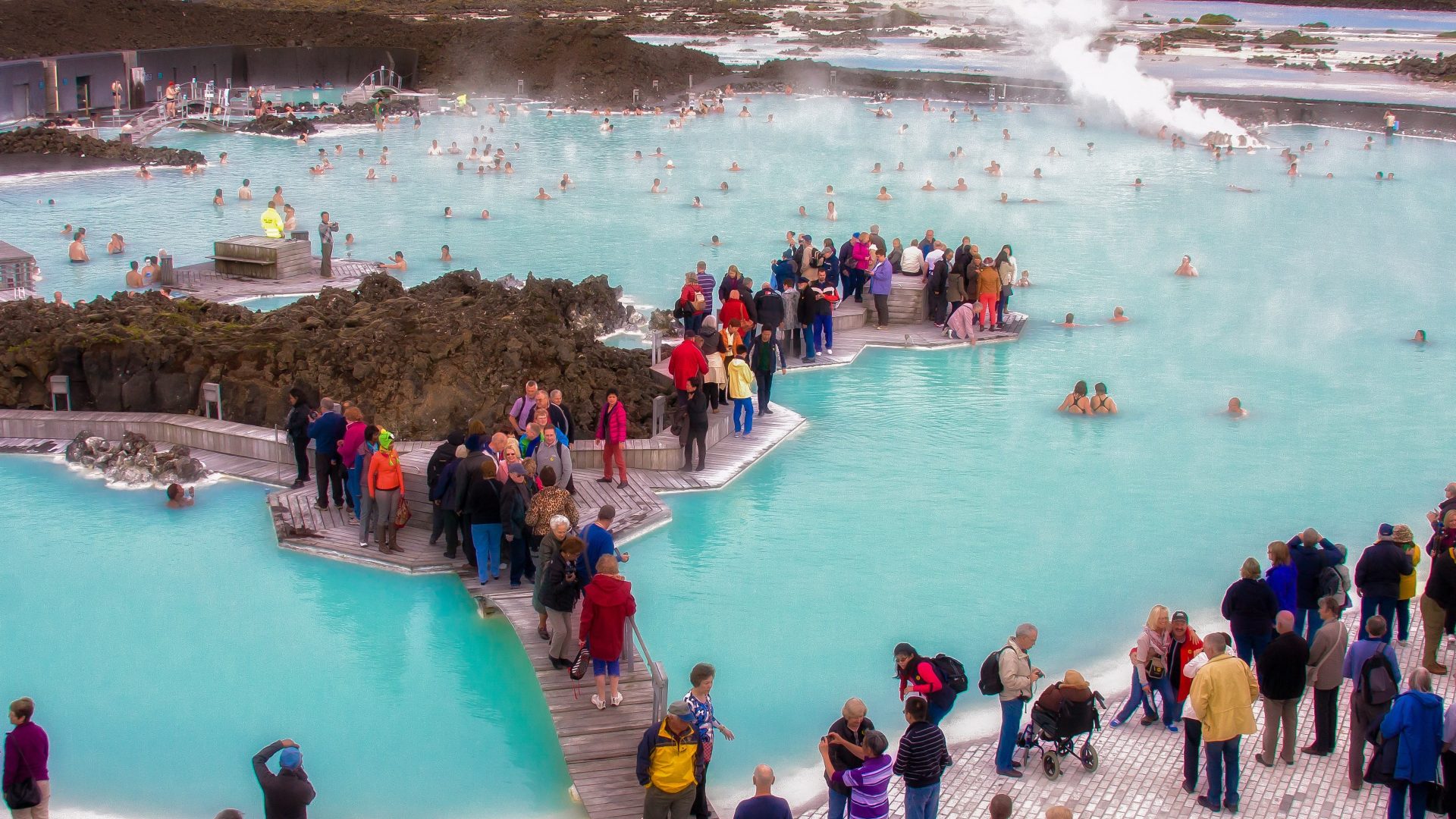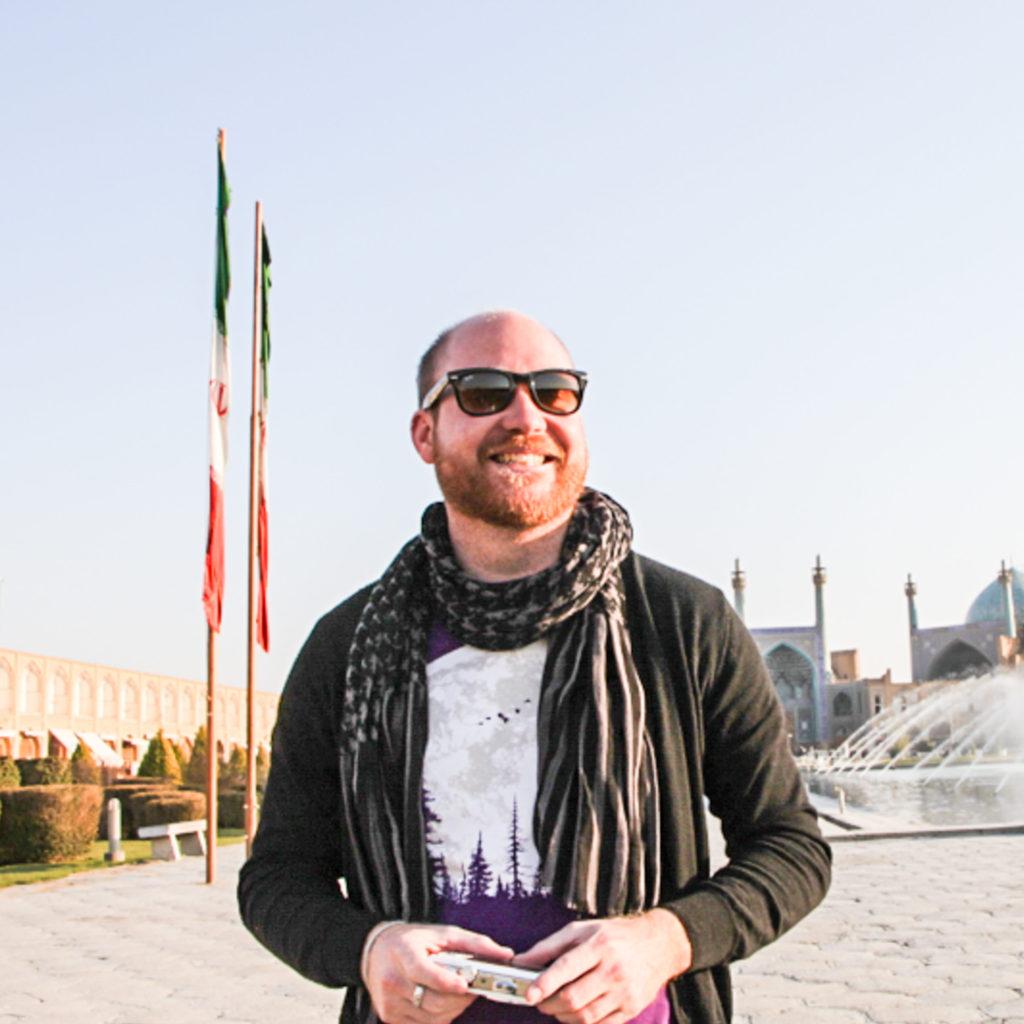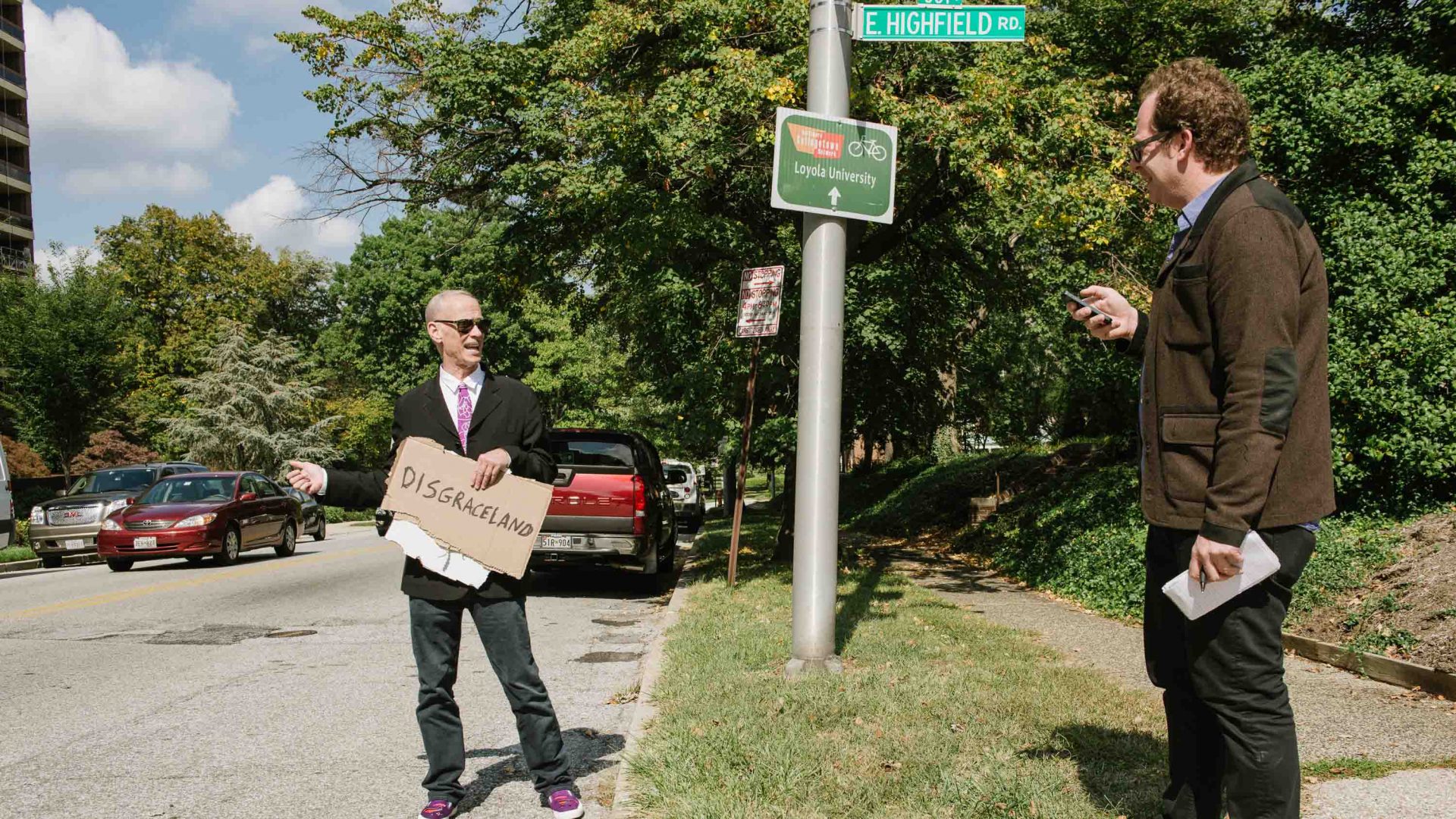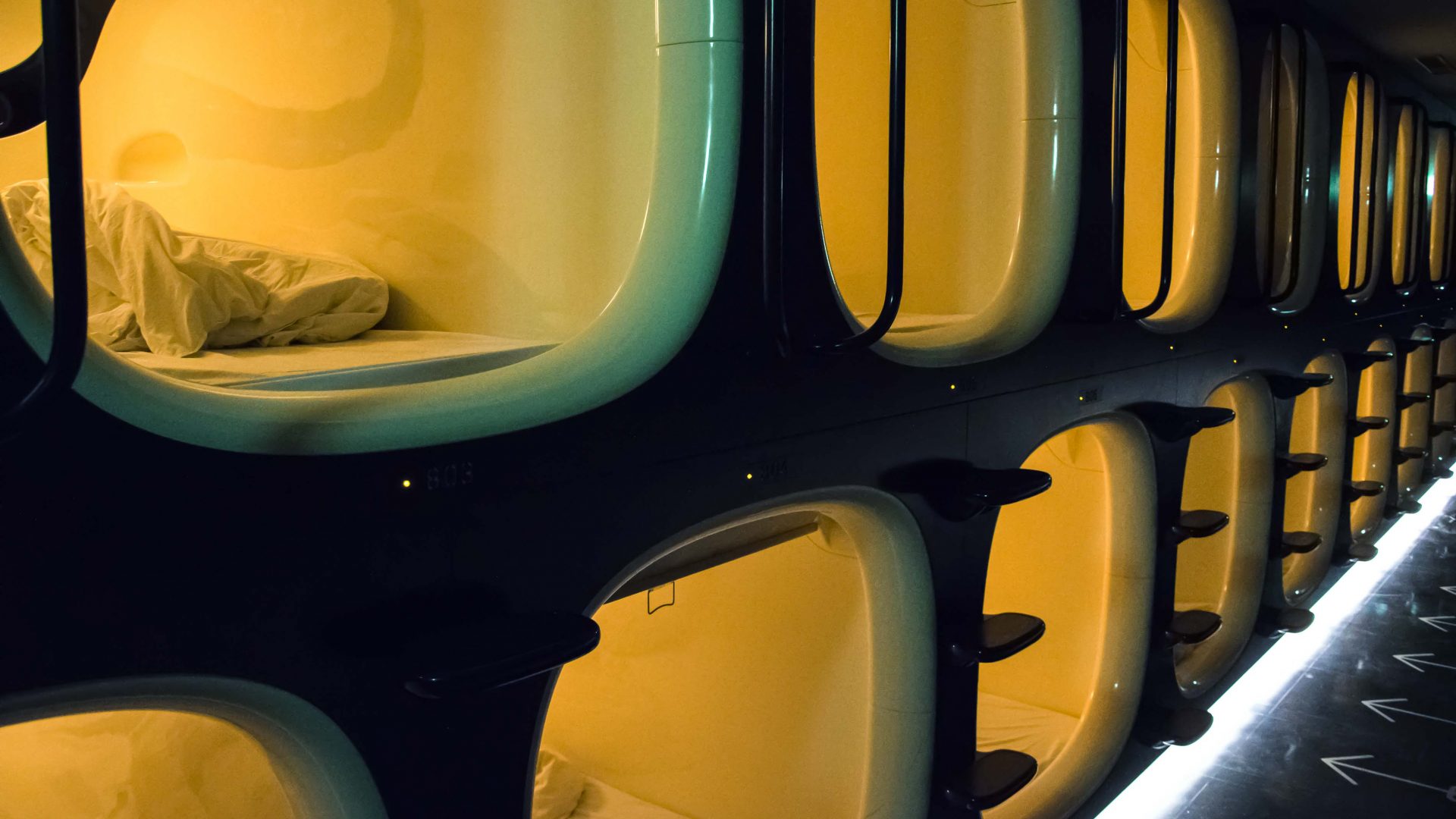
Tiny pods designed for the overworked are now gaining traction with tourists in Tokyo. Can our featured contributor Paula Froelich hack a night in one?
Thanks to a series of bizarre events during a trip to Tokyo last spring, I found myself inside an immaculately clean, morgue-like pod that was only 6’3” x 3’3″ x 4’1” … roughly the size of a back of a hearse.
The walls were paper-thin; I could hear several people snoring, one man talking in his sleep, and someone else doing god-knows-what. I couldn’t see them—thanks to a privacy curtain that came down when I enclosed myself inside the capsule—but without noise-blocking earphones, I could hear every single one of them.
I shoved the noise blockers on, and despite flashbacks to the Ovion larval harvesting scene from Battlestar Galactica: Saga of a Star World (before the insectoids are interrupted by Starbuck, the 1980 fictional precursor to Ryan Seacrest), I tried to sleep in one of the hundreds of cubicles inside one of the many capsule hotels popping up across Japan’s major cities (watch my video of the experience).


